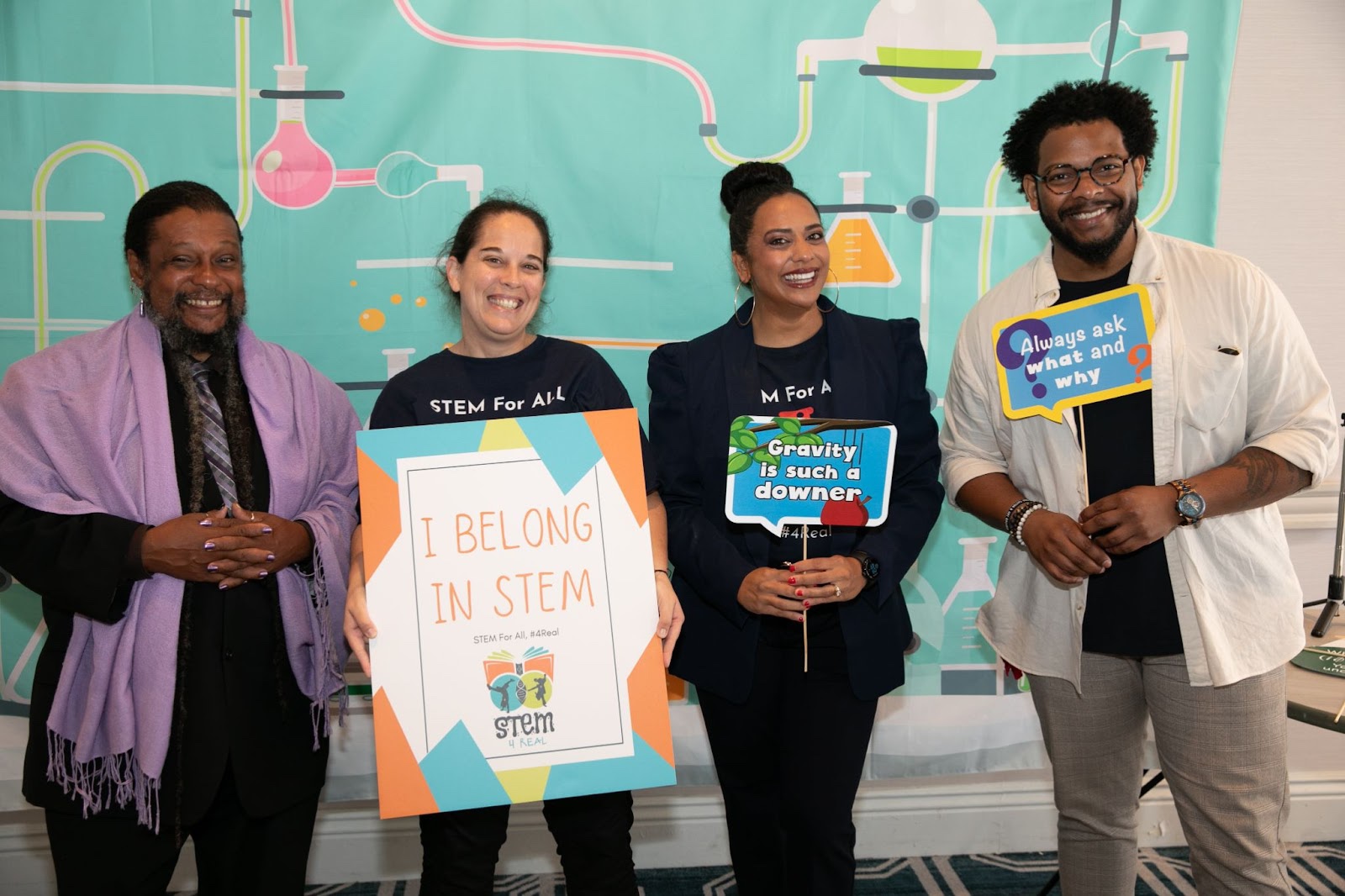I’m actually glad we are moving away from DEI. Here’s why: in too many spaces, DEI has become a watered-down checklist—a performative exercise that prioritizes optics over outcomes. The buzzwords dominate panels, workshops, and social media, but the real work of introspection, accountability, and systemic change often falls by the wayside. The examples I’ve witnessed and experienced reveal just how hollow the commitment to DEI can sometimes be, and it’s time to shift the conversation back to what truly matters: authentic, reflective, and actionable equity work.
This blog may be written in anger, and it may carry wounds from past corporate and cubicle spaces, so please forgive the raw emotions that come with this post. These feelings stem from real experiences, real pain, and real disappointment in spaces that claim to value equity but fail to embody it.
I recently saw a post for an “Inclusive Leaders Summit,” and, to my dismay, the entire panel of speakers consisted of white men and women. It was another stark reminder of how often the word “inclusive” is used as a convenient label rather than a reflection of genuine representation. This wasn’t an isolated incident. During a training I attended, a participant openly complained about having to talk about race and whiteness again—an eye-roll moment for them—but later, they wrote an article on culturally sustaining pedagogies, presenting themselves as a champion of equity in education.
And then, there’s my own deeply personal experience. A white colleague once made an offensive and hurtful comment to our Indian office manager about me, saying, “She’s a spoiled Indian girl whose mom did everything for her growing up. She’s not like us, where we had to struggle.” That same colleague later stood at the front of a room to deliver a professional development session on equity in the classroom.
These moments aren’t just frustrating; they’re damaging. They expose the glaring hypocrisy of performative equity—the practice of saying all the right things while failing to do the internal work necessary to live those values authentically.
In Kwame’s book Learning to Relearn, he opens with a powerful statement: “This work starts with YOU.” And he’s absolutely right. Equity work isn’t about the buzzwords you sprinkle into your presentations or the articles you publish. It’s about the grueling, introspective, behind-the-scenes work of facing your own biases, privileges, and blind spots.
At STEM4Real, we prioritize this work every day. I have my own therapist who helps me unpack my biases and grow as a leader. We hire critical race organizations to audit our practices and hold us accountable. As a team, we engage in tough conversations about race, implicit bias, and how we operate as individuals and as a collective. This work is far from easy, but it’s necessary.
If you want to talk about culturally responsive teaching, equity, or inclusion, please be ready to do the heavy lifting within yourself first. It’s not enough to sprinkle buzzwords into your PDs or check off a box on a DEI form. This work requires humility, self-awareness, and a willingness to engage in deep, uncomfortable reflection.
Equity work is not a trend. It’s not a performance. It’s a lifelong commitment to justice, humility, and growth. Let’s stop the hypocrisy and start holding ourselves—and each other—accountable to the standards we claim to uphold.If you’re ready to take the first step, I invite you to join us for our national book study on STEM for ALL: How to Connect, Create, and Cultivate STEM Education for ALL Learners. This is more than a book study—it’s a space to engage in honest reflection, share ideas, and explore actionable strategies to create equitable and inclusive STEM spaces. Together, we’ll dive into what it truly means to move from buzzwords to meaningful change. Because this work starts with us. Let’s do it right, and let’s do it together.

